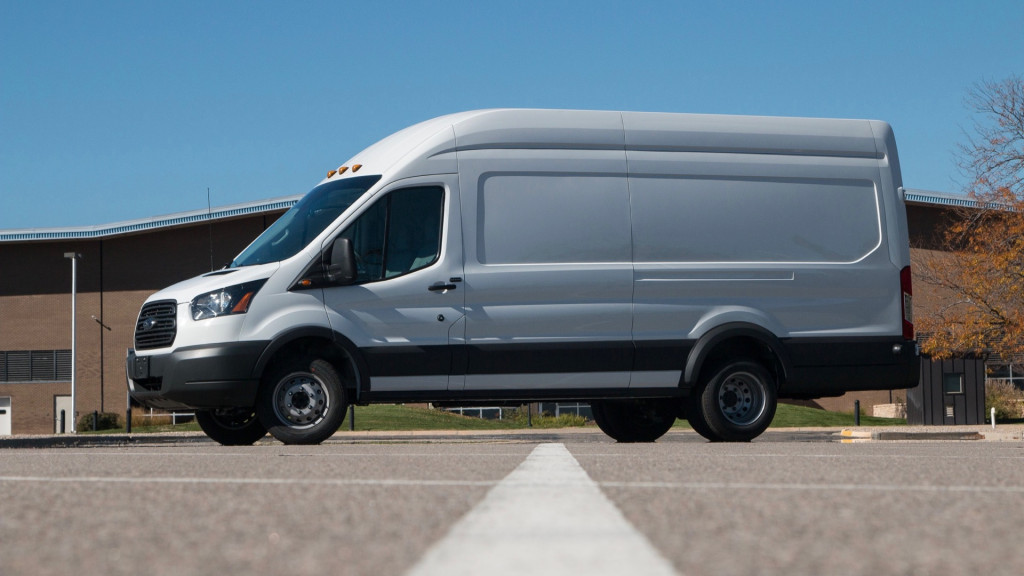Lightning eMotors creates electric motor coaches at lower cost and CO2 impact
A Colorado-based company is giving old diesel buses an all-electric upgrade.
While companies like BYD and ProTerra specialize in new fully-electric buses, Lightning eMotors appears to be the first to widely market a kit that upfits existing buses with electric powertrains.
In addition to manufacturing its own vehicles, and supplying electric powertrains for commercial trucks, Lightning has developed a powertrain kit specifically for motor coaches. It includes a 640-kilowatt-hour liquid-cooled battery pack that affords over 200 miles of range, plus DC fast-charging capability that allows for a full recharge in around three hours, according to the company.
On Wednesday, Lightning announced a $45 million order from Minnesota-based motor-coach supplier ABC Companies for a mix of new-build and upfitted vehicles. In addition to motor coaches, the order includes smaller passenger vans, transit buses, and converted Ford E-450 and F-550 shuttle buses.
[embedded content]
By reusing existing buses, the cost and carbon footprint of Lightning’s re-powered vehicles could be lower than the newly-built electric buses being offered by a growing number of manufacturers. It also gives operators more choices as regulators apply more pressure to go electric.
“When operators compare the total operating and lease cost of a Lightning eMotors-powered coach they will see a significant savings versus the operating and lease price of a diesel coach,” said Tim Reeser, the company’s CEO, told Green Car Reports.
According to Reeser, Lightning’s electric powertrains can cut monthly operating costs by about 85% because of lower fuel costs, the elimination of oil changes, and about one-fifth as many brake services.

Lightning Systems Ford Transit electric conversion
Although electrifying buses and vans has moved rather slowly in the U.S., China has made tremendous progress in recent years. The Chinese city of Shenzen was an early adopter in taking its whole bus fleet electric, achieving that goal in 2018.
London recently showed how its classic double-decker buses, converted to electric, can become the basis for a sophisticated vehicle-to-grid (V2G) site, allowing them to stabilize peaks and troughs of electricity demand when plugged in at a garage.
In the United States, the small scale of electric-bus adoption may soon change. Even prior to California’s actions in 2020 to curtail internal-combustion passenger cars, the state planned to make all of its buses electric by 2040.

